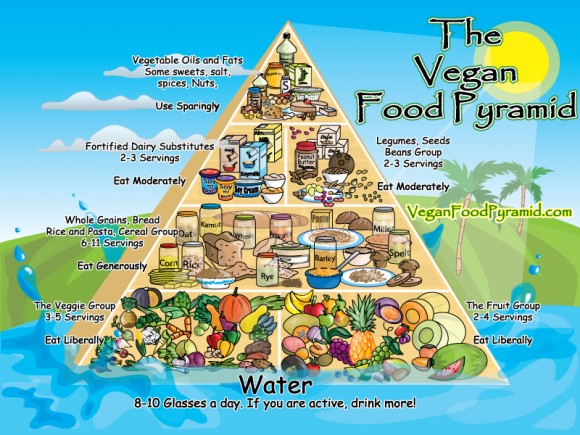A vegan diet is a food that excludes meat, eggs, dairy products and all other animal-derived ingredients. It is a lifestyle that happens to seek and exclude the use of animals for food, clothing, or any other purpose by the humans.
Most vegans argue that becoming a vegan is an ethical commitment or thinking concerning animal rights, the environment, human health, and spiritual or religious concerns as the case may be.
The benefits of the vegan diet can be adopted for different reasons: In addition to ethical reasons, some reasons for vegetarianism include health, religious, political, environmental, cultural, aesthetic or economic, and there are varieties of the diet:
- Fruitarianism which means to eat only fruits; Macrobiotic diet which is diet of mostly whole grains and beans;
- Raw veganism means diet of fresh and uncooked fruit, nuts, seeds, and vegetables;
- Dietary veganism means vegans do not use animal products of any kind; and
- Su vegetarianism actually excludes all animal products as well as the fetid vegetables: onion, garlic, scallions, leeks, or shallots.
Some issues concerning various foods or treats, such as cake, chocolate, chips, gum, marshmallows and gummy candies, often contain unfamiliar animal ingredients, and may especially be a concern for vegetarians due to the likelihood of such combinations.
The vegetarians may vary in their feelings regarding these ingredients. Often, animal-derived products, such as certain cheeses, gelatine or other animal-derived ingredients, are scrutinized by vegetarians prior to purchase or consumption. However, when properly planned, a vegan diet can be considerably healthier than the traditional diet.
With planning, a vegan diet can provide all the nutrients and healthier lifestyle.
Two personalities Virginia Messina, MPH, RD, and Mark Messina, PhD, reiterated that a substitute for meat as protein using vegan diet has the likelihood of having 0.4 grams of protein per day for every pound of healthy body weight. If a vegan consumes adequate calories and eats a variety of foods, it is very difficult not to get enough protein.
This is true for athletes as well. One need not combine foods at each meal to get “complete protein.” Source of protein are legumes, soy foods, and nuts. Grains and vegetables also contain significant amounts of protein.
Some questions regarding sugar are elaborated. Sugar is not an animal product and vegan does not oppose on this term. However, some refined sugar is processed with animal bone char.
This charcoal is used to take away color, impurities, and minerals from sugar. It is a fact that charcoal is not ‘in’ the sugar, but it is used as filter in the process. In our experience, concentrating on processing or on trace ingredients can make a Nutritionist argue that vegan lifestyle with any diet requires planning vegan diet appear exceedingly difficult and dissuade people from adopting it.
Here, the question remains a matter of scientific debate and personal choice.
The vegan lifestyle is an ongoing progression. Everyone should go at their own pace and remember that all steps towards veganism are positive. It is most important to focus on avoiding the products for which animals are bred and slaughtered.
Animal by-products will exist as long as there is a demand for primary meat and dairy products. When it comes to avoiding items that contain small amounts of byproducts, vegans must decide for them where to draw the line.
IMPORTANT: Some vegans will adjust their level of moderation according to the circumstances.






